13, June 2021
Three Ivory Coast military killed after their vehicle ran over explosive device 0
Two soldiers and a police officer were killed when their vehicle hit an explosive device in northeast Ivory Coast near the border with Burkina Faso, the military said Sunday.
Army chief of staff General Lassina Doumbia said that at around 7:00 pm (1900 GMT) on Saturday a reconnaissance patrol “was the subject of a complex attack” in the restive region.
“It was an ambush using an improvised explosive device which caused one of the vehicles to blow up,” he said in a statement.
“The detachment’s response were able to secure the area and provide assistance to the injured,” he said, adding that three people were killed and four injured.
The chief of staff also reassured the population that defence and security forces would “continue to act for their protection” and called on them to cooperate.
A security source had earlier told AFP that three were killed in the ambush, which came a week after another attack by suspected jihadists killed an Ivorian soldier in Tougbo town a few kilometres (miles) from the border.
It also comes just two days after Ivory Coast and France inaugurated a counter-terrorism academy near Abidjan intended to ramp up the Sahel region’s ability to counter a widespread jihadist threat.
Security experts have warned that the area’s bloody jihadist insurgency could spread southwards to countries on the Gulf of Guinea.
It was the fourth attack in the west African region in just over two months.
The latest spate of assaults dates back to March, when dozens of suspected Islamists killed three members of the Ivorian security forces in a twin raid on army positions near the border with Burkina.
“Three terrorists” were killed and four were arrested, the army said.
These attacks have been blamed on jihadists who are active in Burkina Faso, as well as neighbouring Mali and Niger.
French drawdown
The Sahel insurgency sprang up in northern Mali in 2012 before advancing into Niger and Burkina Faso in 2015.
Ivory Coast was first hit in a jihadist attack in March 2016, when 19 people died in a raid on Grand-Bassam, a seaside resort near Abidjan.
In June 2020, 14 soldiers were killed in an attack on Kafolo.
“Northern Ivory Coast along the border with Burkina Faso is coming under the heel of jihadist groups. This region constitutes an important security aspect for the Ivorian state,” Ivorian anti-terrorism expert Lassina Diarra told AFP recently.
On Thursday, Ivorian Prime Minister Patrick Achi and French Foreign Minister Jean-Yves Le Drian attended the formal inauguration of the International Academy for the Fight Against Terrorism just outside Abidjan.
Ivorian Defence Minister Tene Birahima Ouattara said the academy would be “a focal point of regional competence in the anti-terror fight to benefit the stability of our states and the security of our populations.”
Former colonial power France already plays a strategic role in the region with a 5,100-strong military presence at the head of Operation Barkhane.
But French President Emmanuel Macron on Thursday announced a troop drawdown and a new international task force, promising “a profound transformation of our military presence in the Sahel”.
Details of the pullback have yet to be made public, but Macron said several hundred French troops would remain in the region as part of the so-called Takuba international task force.
Source: AFP
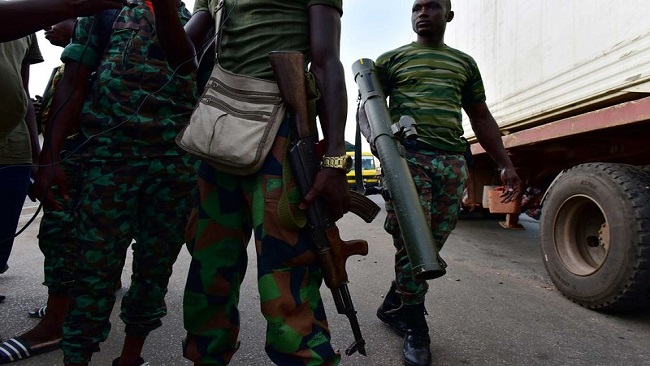
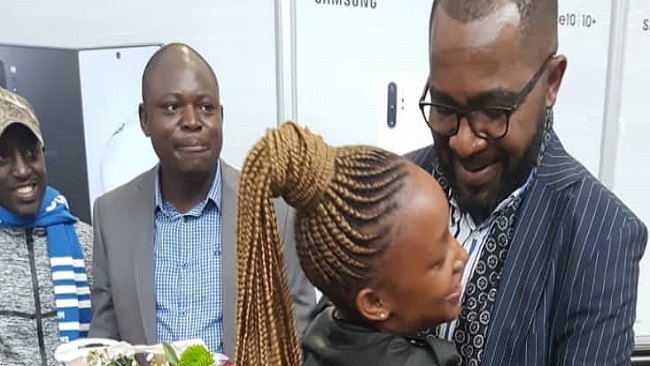

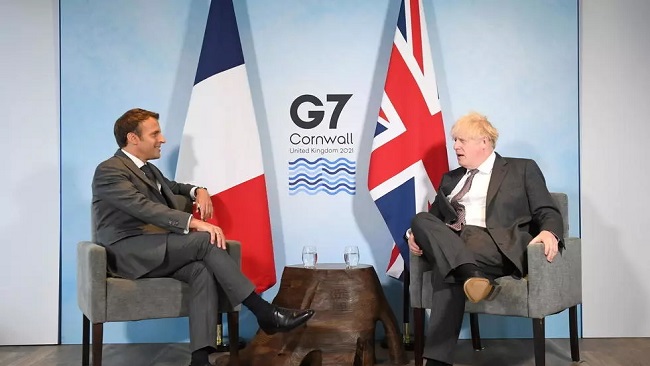
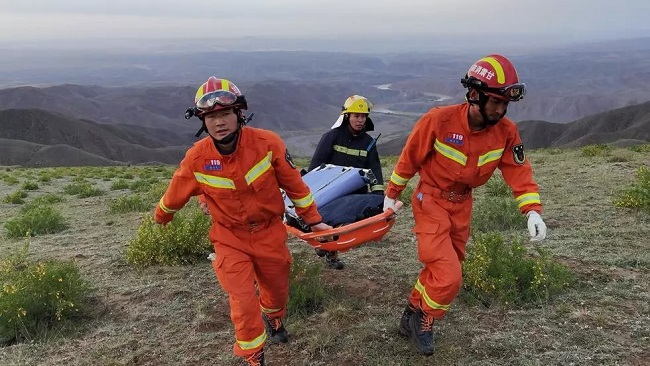
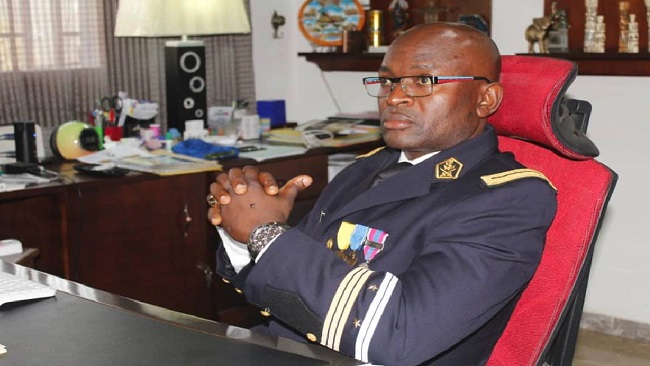
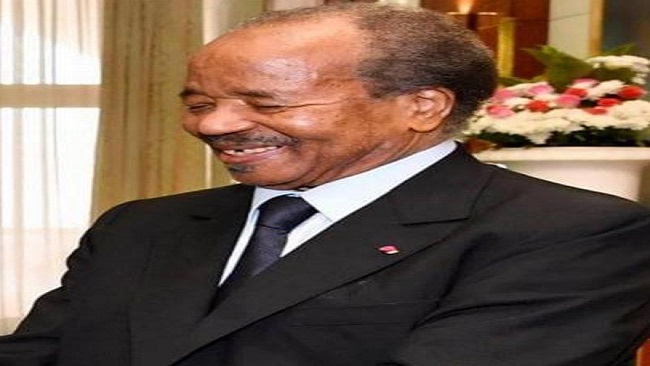
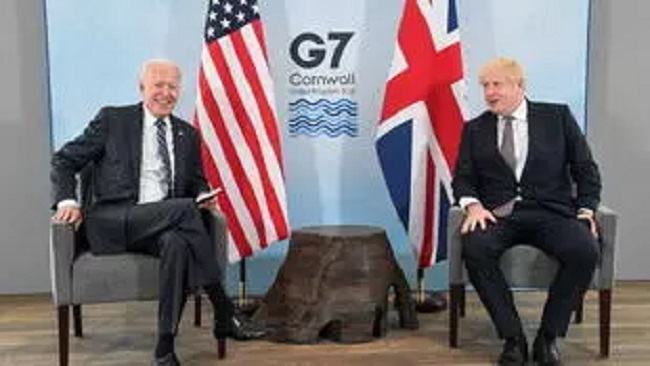
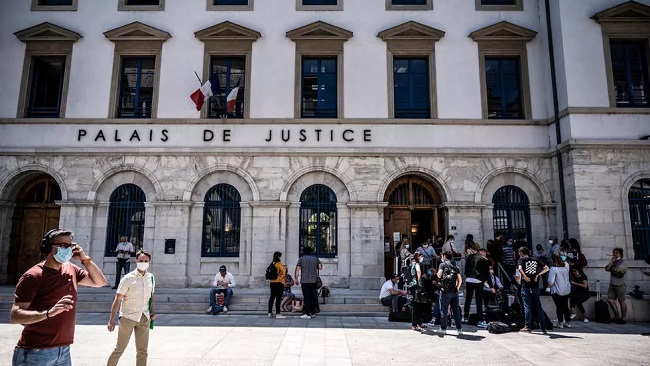


















13, June 2021
Brazil favourites to win Copa America, as Covid-19 strikes rival teams 0
Brazil’s international players were reluctant to play in the Copa America on home soil. Now that they’re committed, they’re favourites to win it.
Argentina still looms as a threat to Brazil’s title defence, but now as a visiting team.
Argentina and Colombia were dropped as tournament co-hosts before Brazil contentiously stepped in late to stage the continental championship.
Being away from home takes some pressure off Lionel Messi and his Argentina team.
The Copa America will kick off Sunday with defending champion Brazil against Venezuela at the Mané Garrincha stadium in Brasilia. The final will be on July 10 at the Maracanã stadium in Rio de Janeiro, one of the Covid-19 epicentres in Brazil, where more than 480,000 have died from the coronavirus.
Eleven players have already tested positive for Covid-19 upon arriving in Brazil. Eight are Venezuelans and three Bolivians, football bodies of the two countries said on Saturday.
Bolivia’s first match in the tournament will be on Monday against Paraguay.
South American football body CONMEBOL stressed in a statement that “the matches will be played as scheduled”.
Brazil health minister Marcelo Queiroga said Venezuela players who have the virus will return only after they test negative. He said there’s no reason for the Brazil match not to take place on Sunday.
No spectators will be allowed to attend any Copa America matches because of restrictions in place for the pandemic, which has already delayed the tournament by a year.
No boycott
Brazil players ended speculation about a potential boycott by issuing a unified statement on Wednesday saying they are “unsatisfied” with the decision to move the tournament to their country, but it wouldn’t stop them representing their national team.
And if South American World Cup qualifiers are anything to go by, the Copa America title is Brazil’s to lose. Brazil has won all six of its games and is six points clear of second place Argentina. With the likes of Neymar on board, coach Tite expects not only to defend the title lifted in 2019, but also use the next 30 days to prepare for the 2022 World Cup in Qatar.
Many tests are expected. Alisson is no longer the team’s unchallenged goalkeeper, with Ederson getting more chances to start.
Captain Casemiro is yet to find out whether he will play as defensive midfielder next to Douglas Luiz, Fred or Lucas Paqueta. And four options appear up front to work with Neymar: Gabriel Jesus, Roberto Firmino, Richarlison and Gabriel Barbosa.
Argentina placed third in the 2019 Copa America, but the team has improved under coach Lionel Scaloni.
Defender Cristian Romero, and midfielders Leandro Paredes and Giovani Lo Celso are now trusted to break the opponents’ lines. Up front, Lautaro Martínez and Sergio Agüero bring the same respect.
And that means Messi, who turns 34 later this month, doesn’t need to be part of every play for Argentina to win.
“Argentina always dominates, sometimes in a very vertical way,” Scaloni said. “If you look at all our matches in qualifiers, we deserved to win. But at soccer, deserving doesn’t count.”
Argentina hasn’t won a major title since the 1993 Copa America.
An improved Colombia
Colombia has improved since the return of coach Reinaldo Rueda. It trashed Peru 3-0 in Lima and got a late equaliser to force a 2-2 draw after being two goals down against Argentina. Copa America could further enhance the team, which will not have midfielder James Rodríguez because of fitness problems.
Uruguay has struggled despite counting on Luis Suárez and Edison Cavani, who will return to the team after a two-match suspension in World Cup qualifiers. Uruguay hasn’t won any of its three latest matches on the road to Qatar.
“We have to be aware there’s things to improve as always and get ready for something that gives us a lot of aspiration,” Uruguay coach Oscar Tabárez said after Tuesday’s 0-0 draw with Venezuela.
Peru, the 2019 Copa America runner-up, is struggling in World Cup qualifying but hoping a 2-1 win at Ecuador earlier this week might spark a change in momentum. Coach Ricardo Garca decided not to bring in striker Paolo Guerrero, who is returning from injury. He will be relying instead on Santiago Ormeño, who plays at Mexico’s León.
Chile coach Martín Lasarte has decided to use an inexperienced squad in Copa America, making it more of a priority to qualify for the next World Cup.
“We will use it as a tool to strengthen younger players,” he said. Chile is currently in sixth place in qualifying.
The tournament will be divided into two groups of five. Group A includes Argentina, Bolivia, Uruguay, Chile and Paraguay. Brazil is in Group B with Colombia, Venezuela, Ecuador and Peru. The four best of each group advance to the knockout stage.
Quarterfinals will take place on July 2 at the Nilton Santos and Goiania’s Olimpico stadium, and July 3 at Olimpico stadium and Brasilia’s Mané Garrincha.
The semifinals will be at the Nilton Santos stadium in Rio on July 5 and in Brasilia the next day.
(FRANCE 24 with AP)